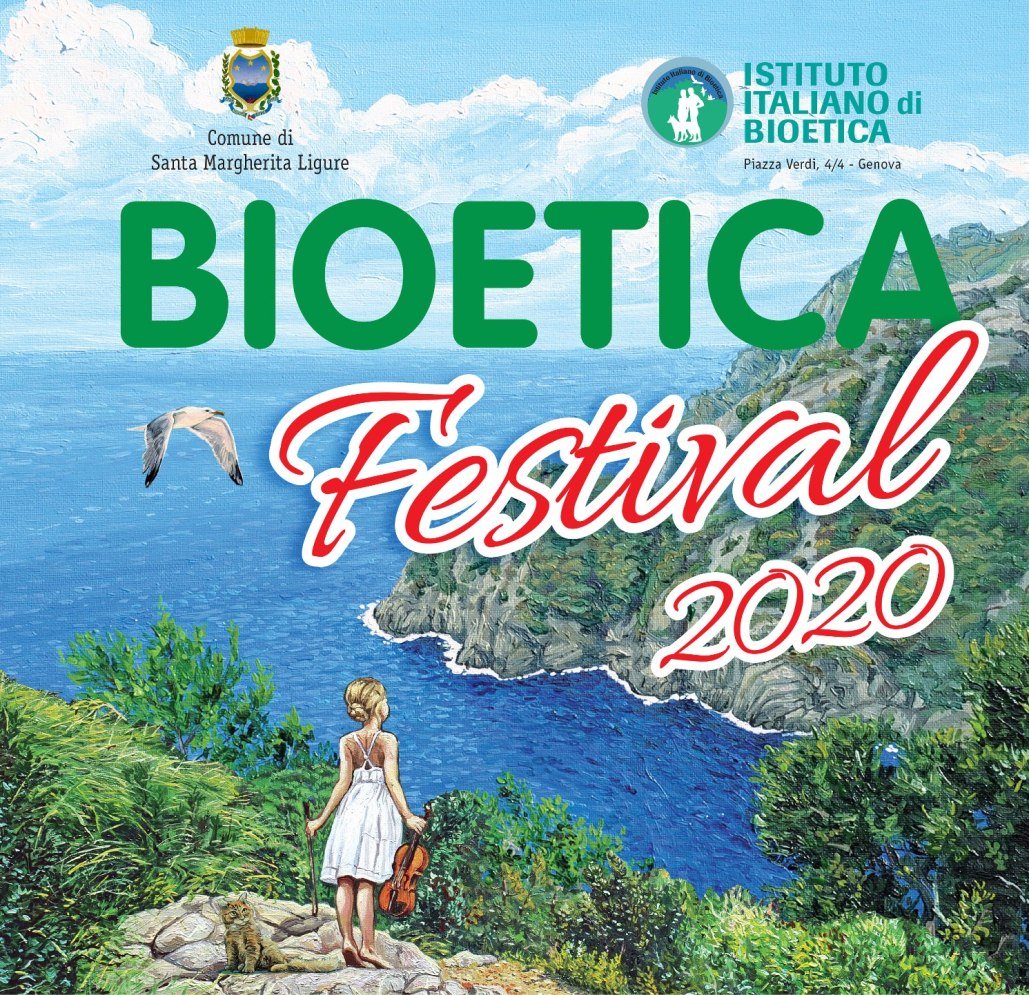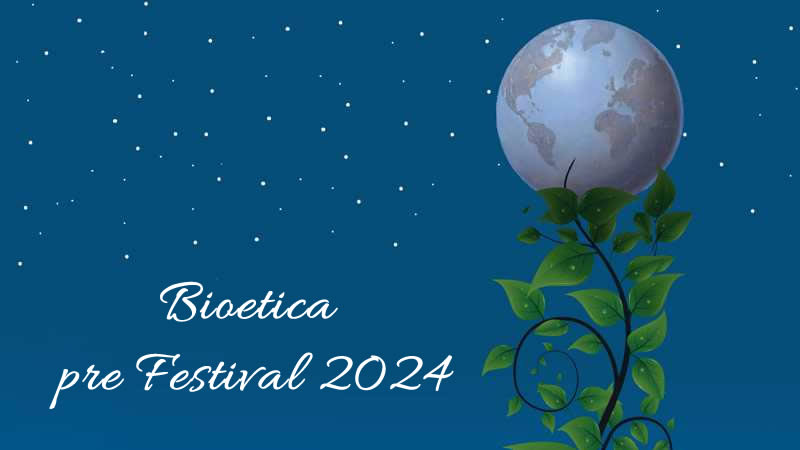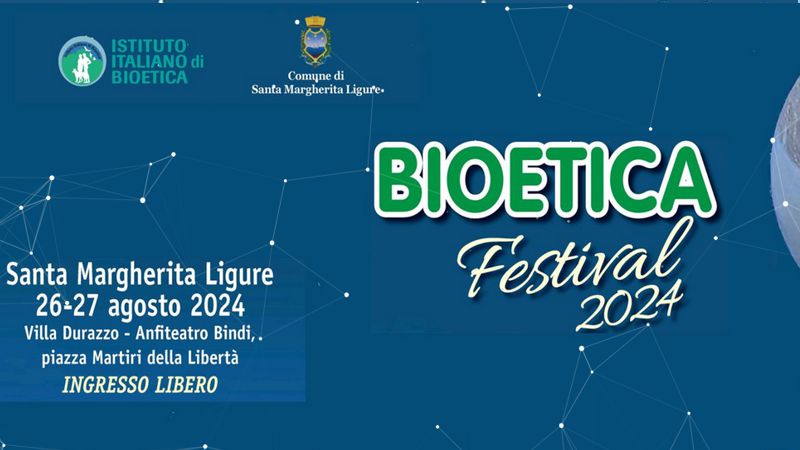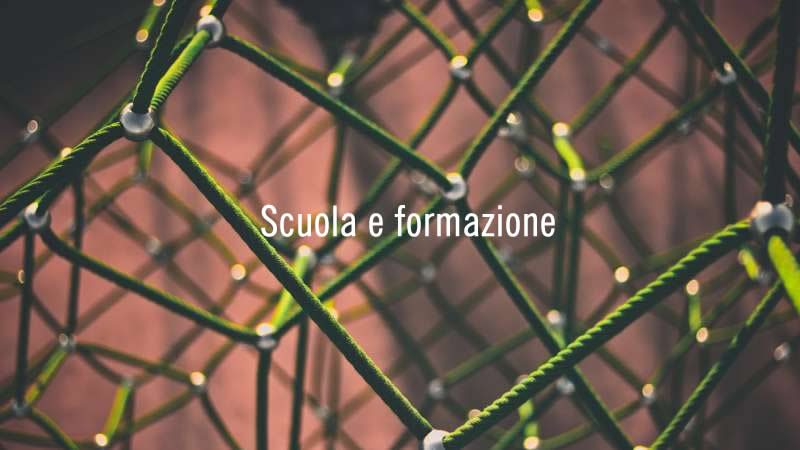Evidence Homeopathy
European Committee for Homeopathy
PRESS RELEASE
For immediate release 3 November 2008
New evidence for Homeopathy
Two new studies conclude that a review which claimed that homeopathy is just a placebo, published in The Lancet, was seriously flawed. George Lewith, Professor of Health Research at Southampton University comments: ‘The review gave no indication of which trials were analysed nor of the various vital assumptions made about the data. This is not usual scientific practice. If we presume that homeopathy works for some conditions but not others, or change the definition of a ‘larger trial’, the conclusions change. This indicates a fundamental weakness in the conclusions: they are NOT reliable.’ The background to the ongoing debate is as follows: In August 2005, The Lancet published an editorial entitled ‘The End of Homeopathy’, prompted by a review comparing clinical trials of homeopathy with trials of conventional medicine. The claim that homeopathic medicines are just placebo was based on 6 clinical trials of conventional medicine and 8 studies of homeopathy but did not reveal the identity of these trials. The review was criticised for its opacity as it gave no indication of which trials were analysed and the various assumptions made about the data. Sufficient detail to enable a reconstruction was eventually published and two recently published scientific papers based on such a reconstruction challenge the Lancet review, showing that:
• Analysis of all high-quality trials of homeopathy yields a positive conclusion.
• The 8 larger higher-quality trials of homeopathy were all for different conditions; if homeopathy works for some of these but not others the result changes, implying that it is not placebo.
• The comparison with conventional medicine was meaningless.
• Doubts remain about the opaque, unpublished criteria used in the review, including the definition of ‘higher quality’.
The Lancet review, led by Prof Matthias Egger of the Department of Social and Preventive Medicine at the University of Berne, started with 110 matched clinical trials of homeopathy and conventional medicine, reduced these to ‘higher-quality trials’ and then to 8 and 6 respectively ‘larger higher-quality trials’. Based on these 14 studies the review concluded that there is ‘weak evidence for a specific effect of homoeopathic remedies, but strong evidence for specific effects of conventional interventions’. There are a limited number of homeopathic studies so it is quite possible to interpret these data selectively and unfavourably, which is what appears to have been done in the Lancet paper. If we assume that homeopathy does not work for just one condition (Arnica for post-exercise muscle stiffness), or alter the definition of ‘larger trial’, the results are positive. The comparison with conventional medicine was meaningless: the original 110 trials were matched, but matching was lost after they were reduced to 8 and 6. But the quality of homeopathic trials was better than conventional trials. This reconstruction casts serious doubts on the review, showing that it was based on a series of hidden judgments unfavourable to homeopathy. An open assessment of the current evidence suggests that homeopathy is probably effective for a number of conditions including allergies, upper respiratory tract infections and ‘flu, but more research is desperately needed.
Prof Egger has declined to comment on these findings.
References
Lüdtke R, Rutten ALB. The conclusion on the effectiveness of homeopathy highly depend on the set of analysed trials. Journal of Clinical Epidemiology, 2008. doi: 10.1016/j.jclinepi.2008.06.015
Rutten ALB, Stolper CF. The 2005 meta-analysis of homeopathy: analysis of postpublication data. Homeopathy, 2008. doi:10.1016/j.homp.2008.09.008.
Ends
For further information, please contact: Prof George Lewith Tel: +44 7970 067884 email: Questo indirizzo email è protetto dagli spambots. È necessario abilitare JavaScript per vederlo. Rainer Lüdtke Tel: +49 201 5630516 email: Questo indirizzo email è protetto dagli spambots. È necessario abilitare JavaScript per vederlo. Dr Lex Rutten Tel: +31 765 227340 email: Questo indirizzo email è protetto dagli spambots. È necessario abilitare JavaScript per vederlo.






